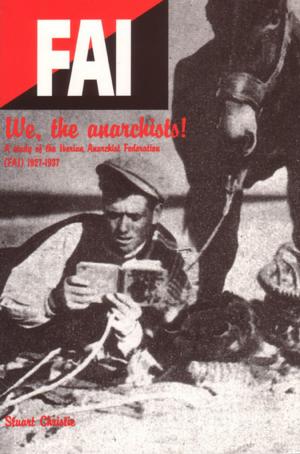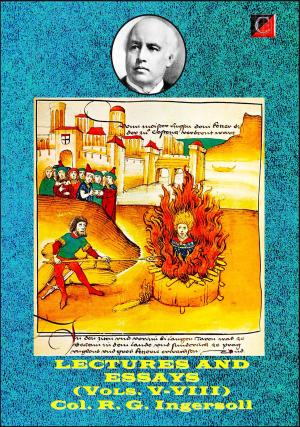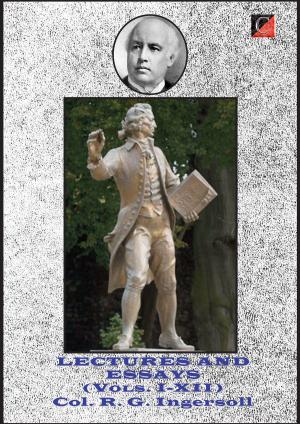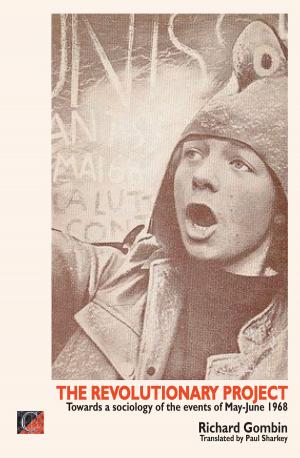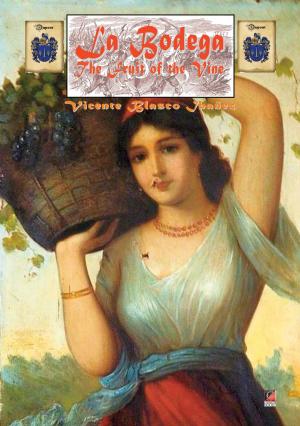| Author: | Leonid Solovyev | ISBN: | 1230000238250 |
| Publisher: | ChristieBooks | Publication: | May 11, 2014 |
| Imprint: | ChristieBooks | Language: | English |
| Author: | Leonid Solovyev |
| ISBN: | 1230000238250 |
| Publisher: | ChristieBooks |
| Publication: | May 11, 2014 |
| Imprint: | ChristieBooks |
| Language: | English |
Adventures in Bukhara are tales told with irreverent wit and earthy wisdom. Tyranny is its villain; liberty its hero. Like Robin Hood, Khoja Nasreddin is the champion of the poor and downtrodden who cannot champion themselves. There is no danger he will not brave, no disaster he cannot avert, no villain he cannot bring to ridicule or destruction.
These zestful tales are set in ancient Bukhara, then a great centre of Islamic power. Nasreddin, masquerading as a beggar, returns taxes to the oppressed, rescues a lovely maiden from the Emir’s harem, and with ingenuity confounds usurers, hypocrites and all tyrants. He outwits his enemies even at his own scheduled execution.
The Nasreddin stories are known throughout Central Asia and the Middle East and have touched cultures around the world. Superficially, most of the Nasreddin stories may be told as jokes or humorous anecdotes. They are told and retold endlessly in the teahouses and caravanserais of Central Asia and can be heard in homes and on the radio. But it is inherent in a Nasreddin story that it may be understood at many levels. There is the joke, followed by a moral – and usually the little extra which brings the consciousness of the potential mystic a little further on the way to realization.
The anecdotes attributed to him reveal a satirical personality with a biting tongue that he was not afraid to use even against the most tyrannical rulers of his time. He is the symbol of Middle-Eastern satirical comedy and the rebellious feelings of people against the dynasties that once ruled this part of the world.
Adventures in Bukhara are tales told with irreverent wit and earthy wisdom. Tyranny is its villain; liberty its hero. Like Robin Hood, Khoja Nasreddin is the champion of the poor and downtrodden who cannot champion themselves. There is no danger he will not brave, no disaster he cannot avert, no villain he cannot bring to ridicule or destruction.
These zestful tales are set in ancient Bukhara, then a great centre of Islamic power. Nasreddin, masquerading as a beggar, returns taxes to the oppressed, rescues a lovely maiden from the Emir’s harem, and with ingenuity confounds usurers, hypocrites and all tyrants. He outwits his enemies even at his own scheduled execution.
The Nasreddin stories are known throughout Central Asia and the Middle East and have touched cultures around the world. Superficially, most of the Nasreddin stories may be told as jokes or humorous anecdotes. They are told and retold endlessly in the teahouses and caravanserais of Central Asia and can be heard in homes and on the radio. But it is inherent in a Nasreddin story that it may be understood at many levels. There is the joke, followed by a moral – and usually the little extra which brings the consciousness of the potential mystic a little further on the way to realization.
The anecdotes attributed to him reveal a satirical personality with a biting tongue that he was not afraid to use even against the most tyrannical rulers of his time. He is the symbol of Middle-Eastern satirical comedy and the rebellious feelings of people against the dynasties that once ruled this part of the world.



